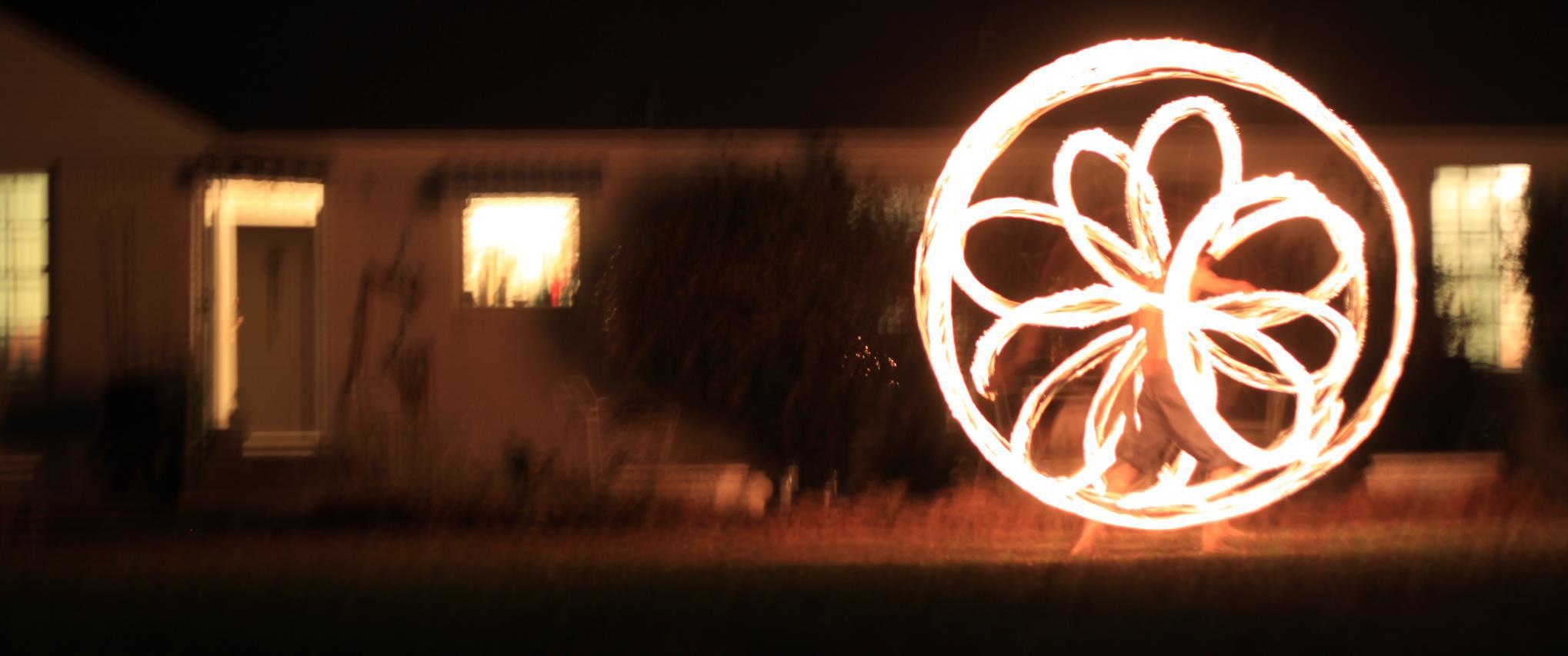Common pests in the garden can be distracted to a different crop while also providing benefits to the rest of the garden. For example, squash bugs will tend to devour an entire garden of squash and leave little to nothing behind. To deter this problem, gardeners will grow a perimeter of squash plants they don’t mind losing so their prize zucchinis remain unharmed.
The same is true of aphids and other plants. From my experience, brussel sprouts don’t fair well in DFW at all. They get destroyed by the aphids and you don’t get any brussel sprouts to enjoy. On the other hand, lady bugs need an over abundance of food in order to make a living in your garden. My observations so far have seen the brussel sprout sacrifice take the beating (and still survive) while the plants around them stay healthy and delicious. Where do the lady bugs come from? They’re all over the place waiting to find a nice a home where they’ll be employed full time.
There are many forms of traps in the garden and it doesn’t only apply to bugs. Birds love to eat fruits from trees. Most people will place netting around the canopy to prevent birds from feasting on their prize peaches and pears. Birds provide beneficial services in the garden. They eat bugs and manure everywhere, and they do a damn good job at it. To prevent the devastation of prize fruit, elderberries are a great trap crop for birds. Elderberries create a delicious small berry that is often hard to get to because birds will get to it first before it’s fully ripe. So you may only end up with a few berries to enjoy but you’ve just employed a fleet of birds to go thermonuclear on your worst bug enemies.
Last of all, there are always other ways to confront the issue of bugs and disease in the garden. Squash borers can be tolerated if you bury a few squash stems into the ground. By doing so the stems will grow new roots, a form of propagation, from the buried stem and continue to fruit and multiply. You can also plant an assortment of plants that have umbel flowers. They provide a nectar source for parasitic wasps that’ll inject their eggs into other bugs. Once the eggs hatch, they’ll eat the bug from the inside out, alien style. A few examples of umbel type flowers are parsley, dill, cilantro, yarrow, and carrots.
In my opinion, it’s usually best to do a combo of all of the above. Parasitic wasps, trap crops, and propagation provide multiple insurance policies that results in food abundance and beauty.
